As the Do-It-Yourself Biology (DIYbio) community has grown, so have concerns among media and policymakers about these science enthusiasts' ability to wield DNA and manipulate life.
Nov 19th, 2013
Read more
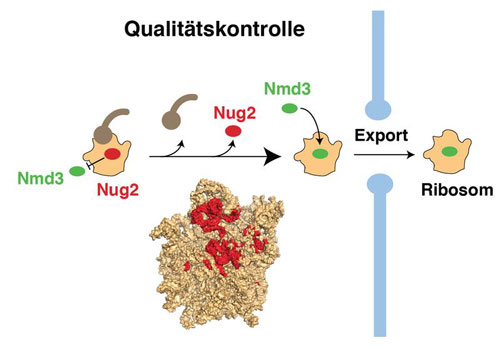 Like automobiles, ribosomes must pass through 'quality control' after their many components are assembled. Scientists investigated an important component in this control process. The researchers demonstrated that a specific protein, which occurs in all cells from yeast to humans, works like a molecular control switch and prevents incomplete ribosomes from leaving the 'assembly hall'.
Like automobiles, ribosomes must pass through 'quality control' after their many components are assembled. Scientists investigated an important component in this control process. The researchers demonstrated that a specific protein, which occurs in all cells from yeast to humans, works like a molecular control switch and prevents incomplete ribosomes from leaving the 'assembly hall'.
Nov 19th, 2013
Read more
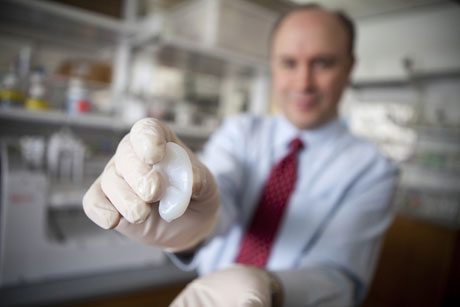 A method for bioengineering living human ears garnered a first-place award at the World Technology Summit in New York City, Nov. 15.
A method for bioengineering living human ears garnered a first-place award at the World Technology Summit in New York City, Nov. 15.
Nov 18th, 2013
Read more
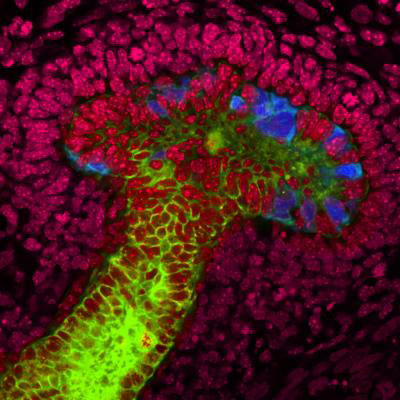 Diseases affecting the kidneys represent a major and unsolved health issue worldwide. The kidneys rarely recover function once they are damaged by disease, highlighting the urgent need for better knowledge of kidney development and physiology.
Diseases affecting the kidneys represent a major and unsolved health issue worldwide. The kidneys rarely recover function once they are damaged by disease, highlighting the urgent need for better knowledge of kidney development and physiology.
Nov 18th, 2013
Read more
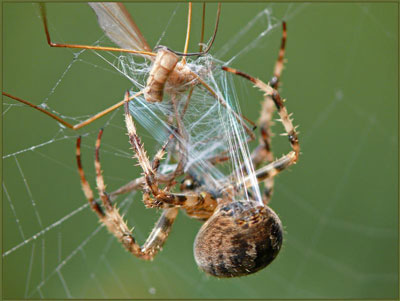 Spider silk fibers are very light, extremely tough and highly stretchable. This makes them interest-ing for industrial applications. Researchers at the Biocenter of the University of W�rzburg have now discovered new details about the proteins of which spider silk consists.
Spider silk fibers are very light, extremely tough and highly stretchable. This makes them interest-ing for industrial applications. Researchers at the Biocenter of the University of W�rzburg have now discovered new details about the proteins of which spider silk consists.
Nov 15th, 2013
Read more
A fusion protein engineered by researchers at KU Leuven combining proteins active in HIV and Moloney murine leukaemia virus (MLV) replication may lead to safer, more effective retroviral gene therapy.
Nov 13th, 2013
Read more
A polymer originally designed to help mend broken bones could be successful in delivering chemotherapy drugs directly to the brains of patients suffering from brain tumours, researchers at The University of Nottingham have discovered.
Nov 12th, 2013
Read more
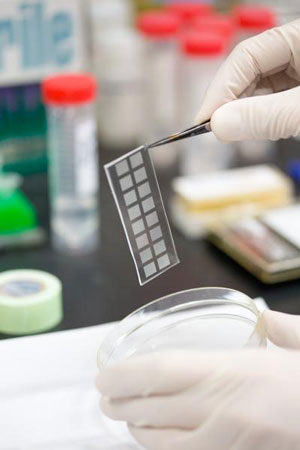 Most complete genome sequences from single E. coli cells and individual neurons from the human brain generated by new sequencing approach from UC San Diego bioengineers and colleagues.
Most complete genome sequences from single E. coli cells and individual neurons from the human brain generated by new sequencing approach from UC San Diego bioengineers and colleagues.
Nov 11th, 2013
Read more
There have recently been several advancements in the world of biomaterial design and tissue validation thanks to the BIODESIGN consortium. Currently, a partnership of 19 research and clinical teams from academic centres, small biotech and large pharmaceutical companies is designing and developing state-of-the-art therapeutic approaches, with the aim to help treat traumatic damage and degenerative diseases in humans and alleviate patient suffering.
Nov 8th, 2013
Read more
Tricking algae's biological clock to remain in its daytime setting can dramatically boost the amount of valuable compounds that these simple marine plants can produce when they are grown in constant light.
Nov 7th, 2013
Read more
A major step toward improving the quality of rapid, inexpensive genome assembly.
Nov 7th, 2013
Read more
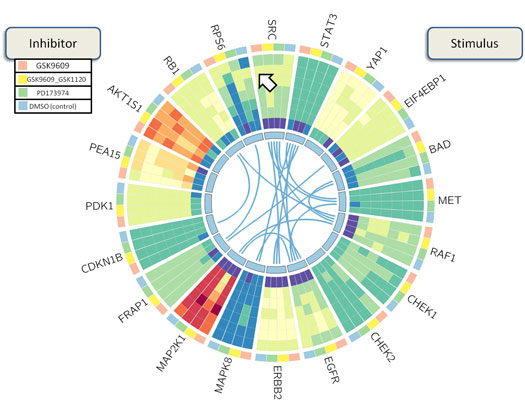 A colorful wheel developed by Rice University bioengineers to visualize protein interactions has won an international competition for novel strategies to study the roots of breast cancer.
A colorful wheel developed by Rice University bioengineers to visualize protein interactions has won an international competition for novel strategies to study the roots of breast cancer.
Nov 7th, 2013
Read more
Designing new drugs based on the body's own molecules will be the focus of a new Center for Biopharmaceuticals that was launched at the Faculty of Health and Medical Sciences on 1 November. The Center will help solve the pharmaceutical challenges of the future in the field of biological drugs.
Nov 6th, 2013
Read more
Entrepreneurial scientists in the synthetic biology space can benefit from a new GBP 10M investment fund that opens for business today. The new fund will help companies in the early stages of their journey towards sustainability, through investment, strategic support and leveraging private capital.
Nov 6th, 2013
Read more
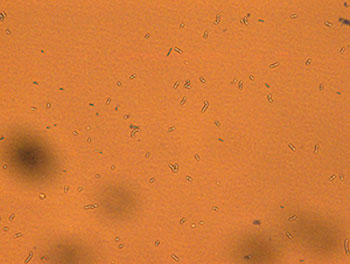 A technique that simultaneously modifies multiple genes in fermentation bacteria could aid lactic acid production for industry.
A technique that simultaneously modifies multiple genes in fermentation bacteria could aid lactic acid production for industry.
Nov 6th, 2013
Read more
Proper embryonic development depends on a signaling pathway that helps to preserve stem cell 'immaturity'.
Nov 6th, 2013
Read more
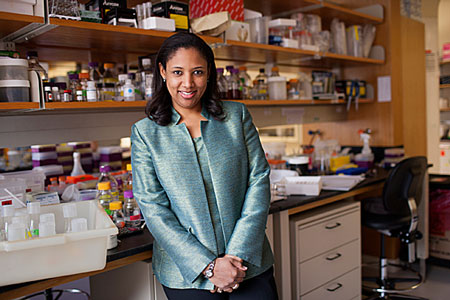 Engineering cells to produce useful compounds such as drugs and biofuels.
Engineering cells to produce useful compounds such as drugs and biofuels.
Nov 6th, 2013
Read more
A new report from the Synthetic Biology Project looks at how the Nagoya Protocol to the Convention on Biological Diversity may affect US researchers working in the field of synthetic biology.
Nov 4th, 2013
Read more

 Subscribe to our Biotechnology News feed
Subscribe to our Biotechnology News feed






